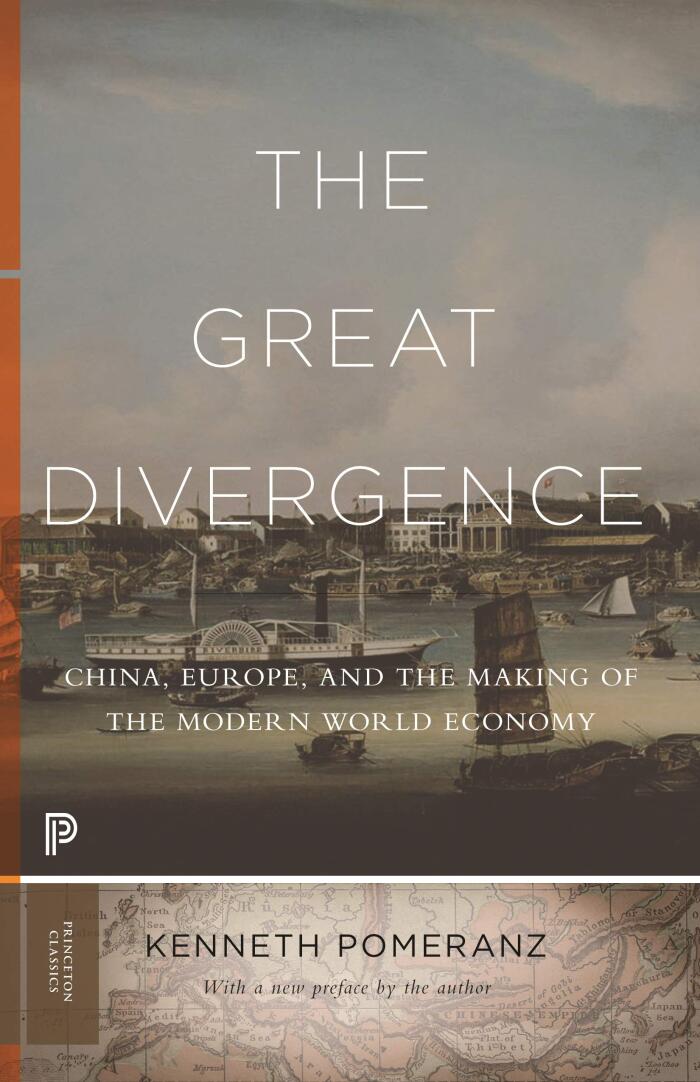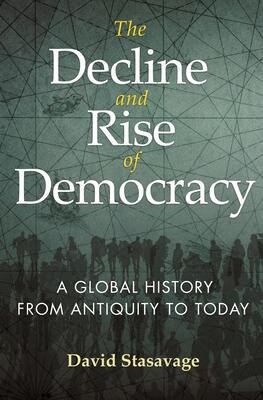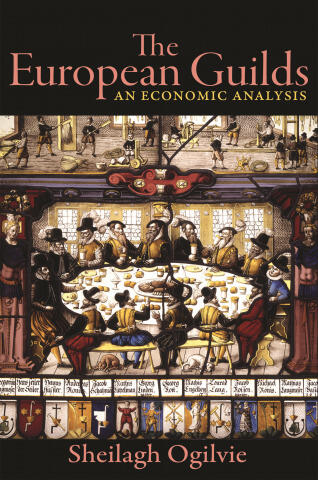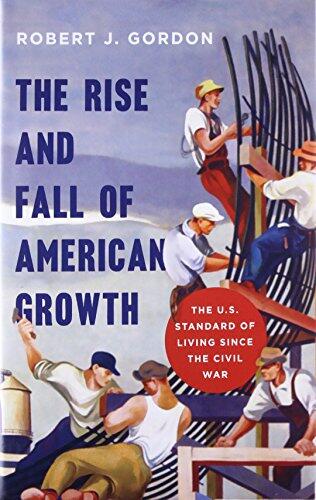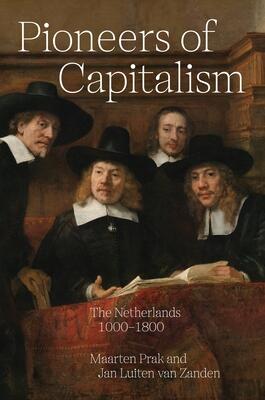
Pioneers of Capitalism: The Netherlands 1000–1800
还没有评分
History
格式
精装书
页数
280
语言
英语
已发布
Dec 13, 2022
出版商
Princeton University Press
ISBN-10
0691229872
ISBN-13
9780691229874
描述
In a thorough examination of Dutch history, this book explores how the unique social and economic structures of medieval Netherlands set the stage for modern capitalism. The authors weave together historical narratives and economic analysis to demonstrate how the region's innovations in trade, finance, and social organization paved the way for a transformative economic landscape.
The medieval period, often overlooked in discussions of capitalism's evolution, receives critical attention as the authors highlight key developments that challenged traditional notions of wealth and commerce. By analyzing the interplay between political power and economic growth, a clear picture emerges of how the Dutch embraced new ideas about trade and enterprise.
The authors detail the rise of urban centers and the establishment of the merchant class, showcasing how their efforts fostered a culture of competition and innovation. This societal shift not only propelled the Netherlands to the forefront of European commerce but also laid a blueprint for the capitalist systems that would follow.
Readers are invited to reconsider the origins of capitalism through the lens of Dutch history, unveiling the profound impact of social and economic practices that emerged centuries ago. This work is both a scholarly reflection and an engaging narrative that enriches our understanding of the past and its influence on the modern world.
The medieval period, often overlooked in discussions of capitalism's evolution, receives critical attention as the authors highlight key developments that challenged traditional notions of wealth and commerce. By analyzing the interplay between political power and economic growth, a clear picture emerges of how the Dutch embraced new ideas about trade and enterprise.
The authors detail the rise of urban centers and the establishment of the merchant class, showcasing how their efforts fostered a culture of competition and innovation. This societal shift not only propelled the Netherlands to the forefront of European commerce but also laid a blueprint for the capitalist systems that would follow.
Readers are invited to reconsider the origins of capitalism through the lens of Dutch history, unveiling the profound impact of social and economic practices that emerged centuries ago. This work is both a scholarly reflection and an engaging narrative that enriches our understanding of the past and its influence on the modern world.






